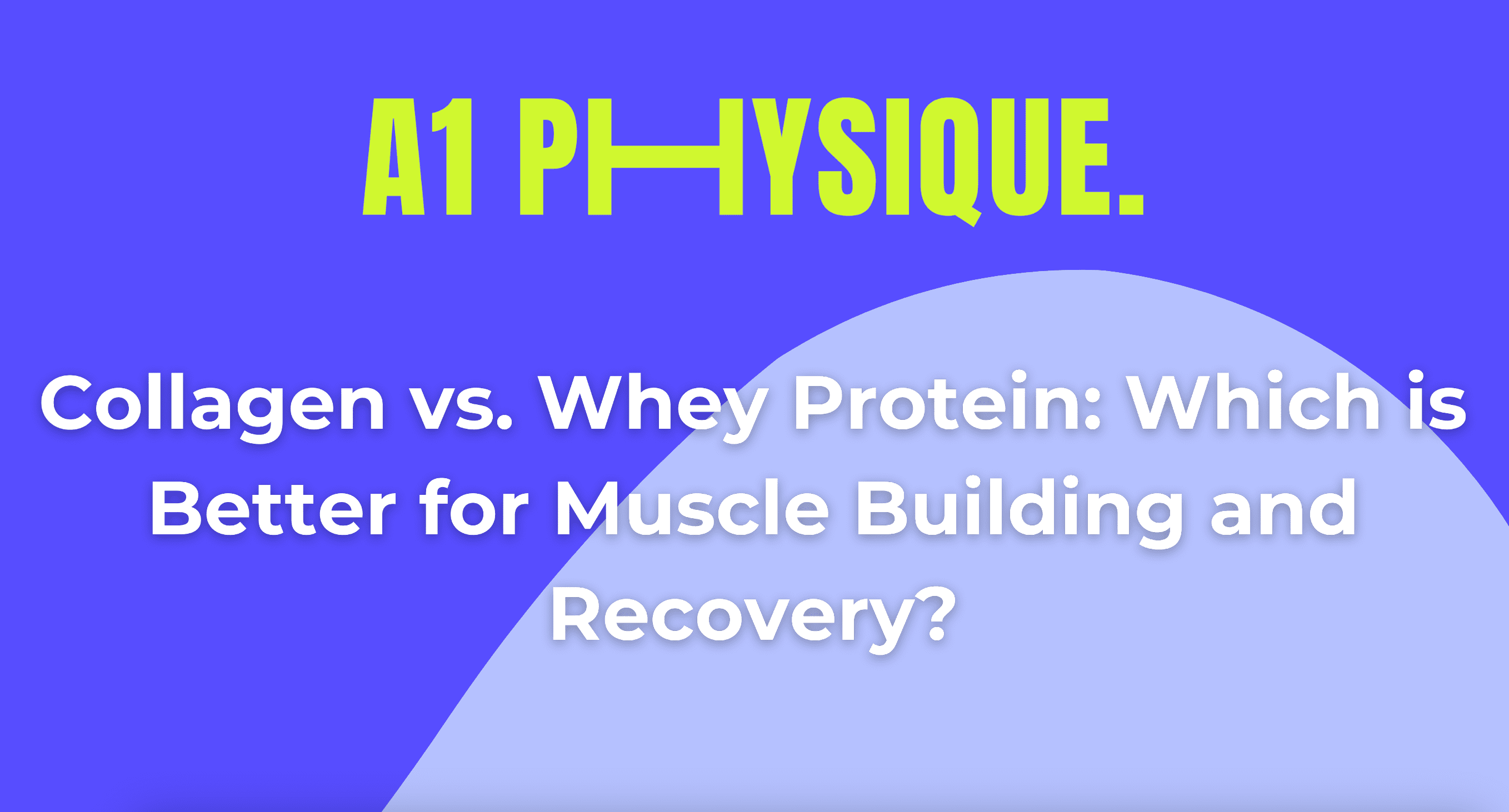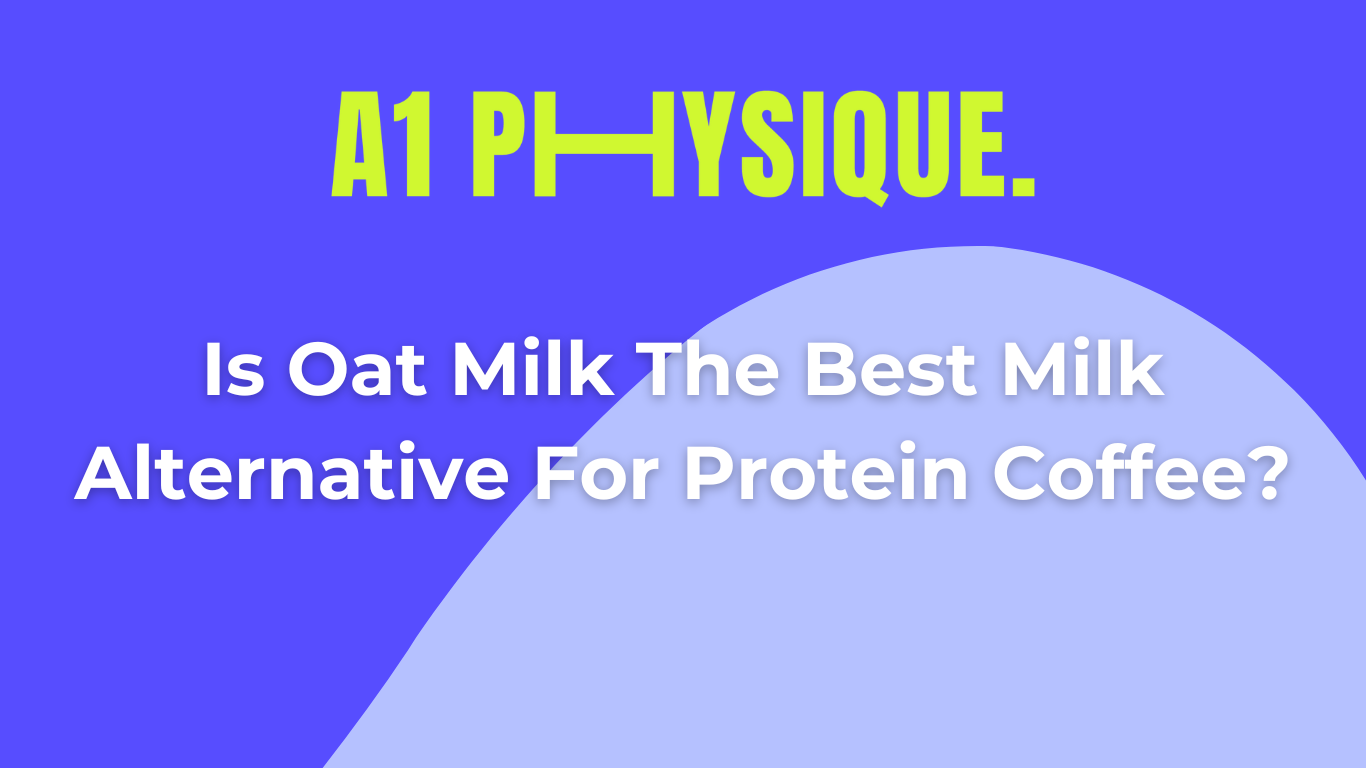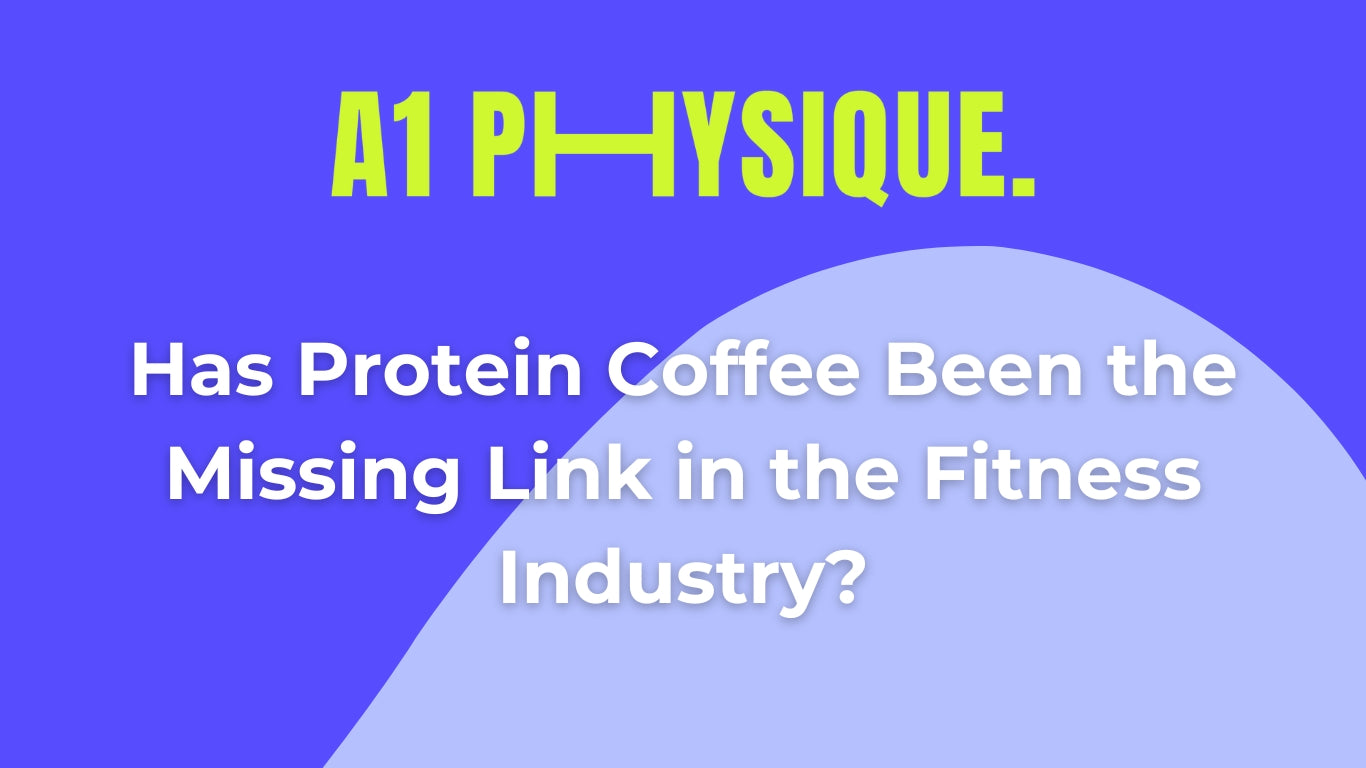When it comes to building muscle and aiding in recovery, protein is a key player. Traditionally, whey protein has been the go-to supplement for athletes and fitness enthusiasts. However, collagen protein has gained popularity in recent years, but is this popularity warranted?
Whey Protein
Whey protein is derived from milk during the cheese-making process. It is a complete protein, meaning it contains all nine essential amino acids necessary for muscle growth and repair. Whey protein is known for its fast absorption rate, making it an excellent choice for post-workout recovery.
Collagen Protein
Collagen protein is derived from animal connective tissues, such as bones, skin, and cartilage. Unlike whey, collagen is not a complete protein as it lacks tryptophan, one of the essential amino acids. However, it is rich in glycine, proline, and hydroxyproline, which are vital for the maintenance and repair of connective tissues, including tendons, ligaments, and skin.
Muscle Building: Whey Protein
Whey protein has long been celebrated for its muscle-building properties. Here’s why:
Complete Amino Acid Profile
Whey protein provides all the essential amino acids, particularly leucine, which plays a crucial role in muscle protein synthesis. This makes whey highly effective for building and repairing muscle tissue.
Fast Absorption
The rapid digestion and absorption of whey protein make it ideal for post-workout consumption, ensuring a quick supply of amino acids to muscles when they need it most.
Enhanced Muscle Protein Synthesis
Studies have consistently shown that whey protein supplementation can significantly enhance muscle protein synthesis, leading to greater muscle growth and strength gains.
Muscle Building: Collagen Protein
While collagen protein may not be a complete protein, it offers unique benefits that complement muscle building, particularly in terms of recovery and connective tissue health:
Support for Connective Tissues
Collagen is rich in amino acids that are crucial for the health of tendons, ligaments, and cartilage. By supporting these structures, collagen can help prevent injuries and enhance overall muscle function.
Improved Muscle Recovery
Research suggests that collagen protein can aid in muscle recovery by reducing muscle soreness and inflammation. This makes it an excellent supplement for post-workout recovery and for those with joint or tendon issues.
Complementary to Other Proteins
Combining collagen with a complete protein source like whey can provide a broader spectrum of amino acids, optimising both muscle protein synthesis and connective tissue repair.
The Science Behind Collagen’s Muscle Recovery Benefits
A study published in the British Journal of Nutrition found that collagen supplementation increased muscle mass and strength in elderly men undergoing resistance training. The participants who consumed collagen peptides showed significant improvements compared to those who took a placebo, highlighting collagen’s potential in supporting muscle growth and recovery.
Another study in the American Journal of Clinical Nutrition demonstrated that collagen peptides could reduce activity-related joint pain in athletes, further supporting the role of collagen in recovery and injury prevention.
Practical Applications: Combining Collagen and Whey
To maximise muscle growth and recovery, consider incorporating both whey and collagen proteins into your diet. A balanced diet, such as lean meats, fish, eggs, and plant-based proteins, will ensure you cover all essential amino acids and support overall muscle health.
Conclusion
Both collagen and whey proteins offer valuable benefits for muscle building and recovery. While whey protein excels in muscle protein synthesis and fast absorption, collagen protein uniquely supports connective tissue health and recovery. By combining these two protein sources, you can create a well-rounded approach to muscle growth, recovery, and overall fitness. Whether you’re an athlete, a bodybuilder, or someone looking to maintain a healthy lifestyle, integrating both collagen and whey proteins into your regimen can help you achieve your goals more effectively.
We conclude this is a draw, no clear winner, get both in your diet if you can!



